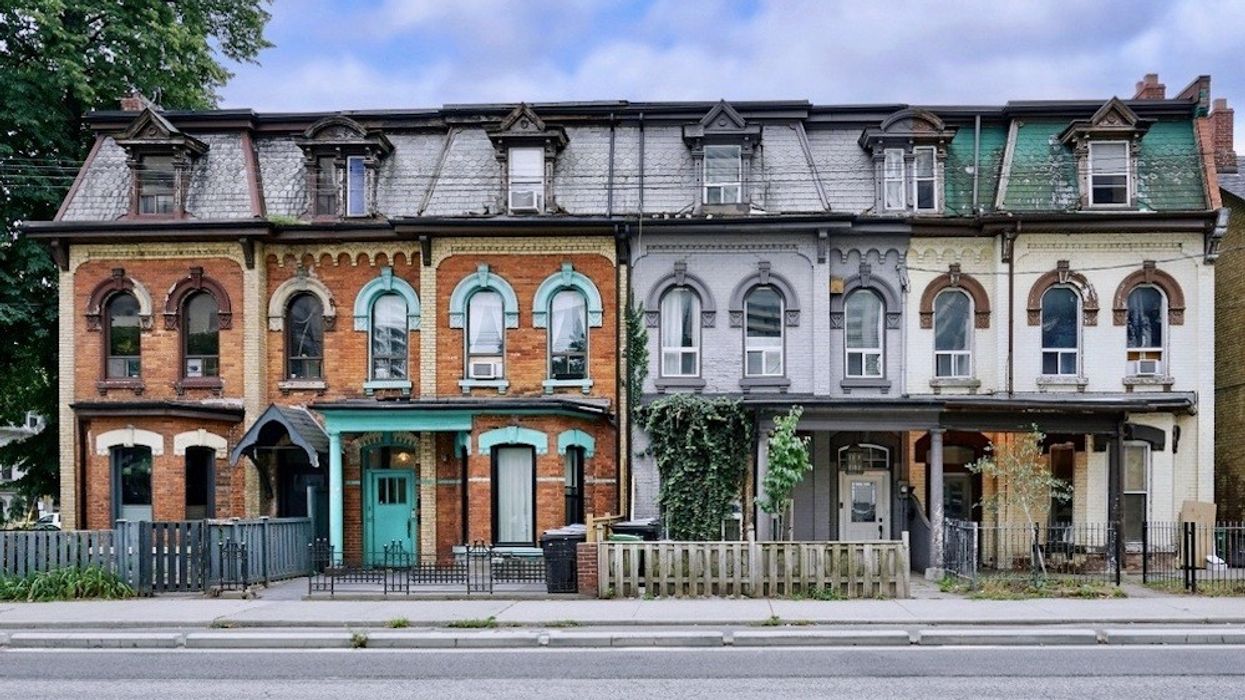As heightened interest rates lead to less demand and as a result decreased home prices, by default an evening playing field arises. Those eager to take advantage of the shifting real estate market should take all its moving parts into account before they pounce.
According to Brian Diehl, a REALTOR® with FairSquare Group Realty, despite housing prices rising significantly during the COVID-19 pandemic, currently there is less competition for the precious little housing stock in Ontario’s urban areas -- notably the Greater Toronto Area.
First, Consider Your Timing
“There really is no right or wrong time to enter the market, however, conditions right now show a more balanced market in Ontario, with less competition and longer average days on the market, affording buyers more choices at somewhat better prices than before,” he said.
READ: Canada’s Unemployment Rate Falls to Record Low: StatCan
Hot on the heels of the Bank of Canada’s most recent rate hike, Ontarians are currently living out the unknowns predicted by many a couple short months ago. Now, some buyers – particularly those who have some freedom in their monthly finances – are reaping the benefits of quick shifts. But that’s a tricky part of this equation: not all would-be buyers have such freedom.
Next, Consider Your Finances
The reason for balancing market conditions is a confluence of higher consumer prices, as measured by inflation, which just hit 6.8%, for everything from groceries to gasoline, and rising interest rates. The Bank of Canada’s 50-basis-point hike on June 1 brought the bank’s Overnight Lending Rate to 1.5%, and with additional increases coming through 2023, homebuyers are consequently feeling the squeeze.
Further, according to Diehl, with the mortgage stress test—which qualifies new borrowers at either 5.25% or 2% above the contract rate, whichever is higher—still a major factor, homebuyers might have some hurdles to overcome yet.
“With the mortgage stress test still in play, prospective buyers are pre-qualified at a higher mortgage rate anyway, so if rates continue climbing, buyers may qualify for less financing at a time when real estate market pricing seems to have peaked, and average selling prices are coming down month-over-month,” Diehl said.
That could also determine whether or not homebuyers still opt for variable-rate mortgages over fixed terms, because while the former are cheaper than the latter, things could change on a dime, especially in light of the central bank’s rate hiking campaign.
“My personal opinion is it depends on people’s comfort levels,” Diehl said. “Fixed rates allow customers the satisfaction of knowing what their monthly payments will be for the entirety of the mortgage term, while variable rates can save consumers money, but rates need to be monitored regularly in a volatile and uncertain climate like we are in now.”
Now, Consider Your Location
The pandemic-long trend of moving to exurban and rural parts of the province also provides homebuyers their surest bets to becoming homeowners -- and with housing starts on the rise, this is true now more than ever, Diehl added.
But that doesn’t mean Canada’s largest metropolitan area isn’t replete with affordable options. Toronto, and the GTA at large, offer plenty of points of access for first-time buyers; they simply tend to come with a smaller square-footage than what will be found in Ontario’s more rural regions.
When deciding whether and what to buy, lifestyle preferences including choice of neighbourhood, number of nearby schools, access to transportation, and day-to-day space requirements should all be top of mind. Those who crave the city’s buzz may be wise to seek a condo as their entry-point into the market. If space is the greatest priority, rural properties await.
Finally, Consider The Value of Breaking Into the Market
“Once a buyer becomes an owner, they start to build equity in their home,” Diehl said. “Equity over time will allow homeowners to move up within market conditions, regardless of whether prices rise or fall. If you sell for more, you should expect to pay more and, conversely, if you have to sell for less you should expect to pay less.”
Even with interest rates rising, this sentiment holds true – now, with extra emphasis on how exactly buyers should approach decision-making when entering (or moving within) the market.
This article was produced in partnership withSTOREYS Custom Studio.





















